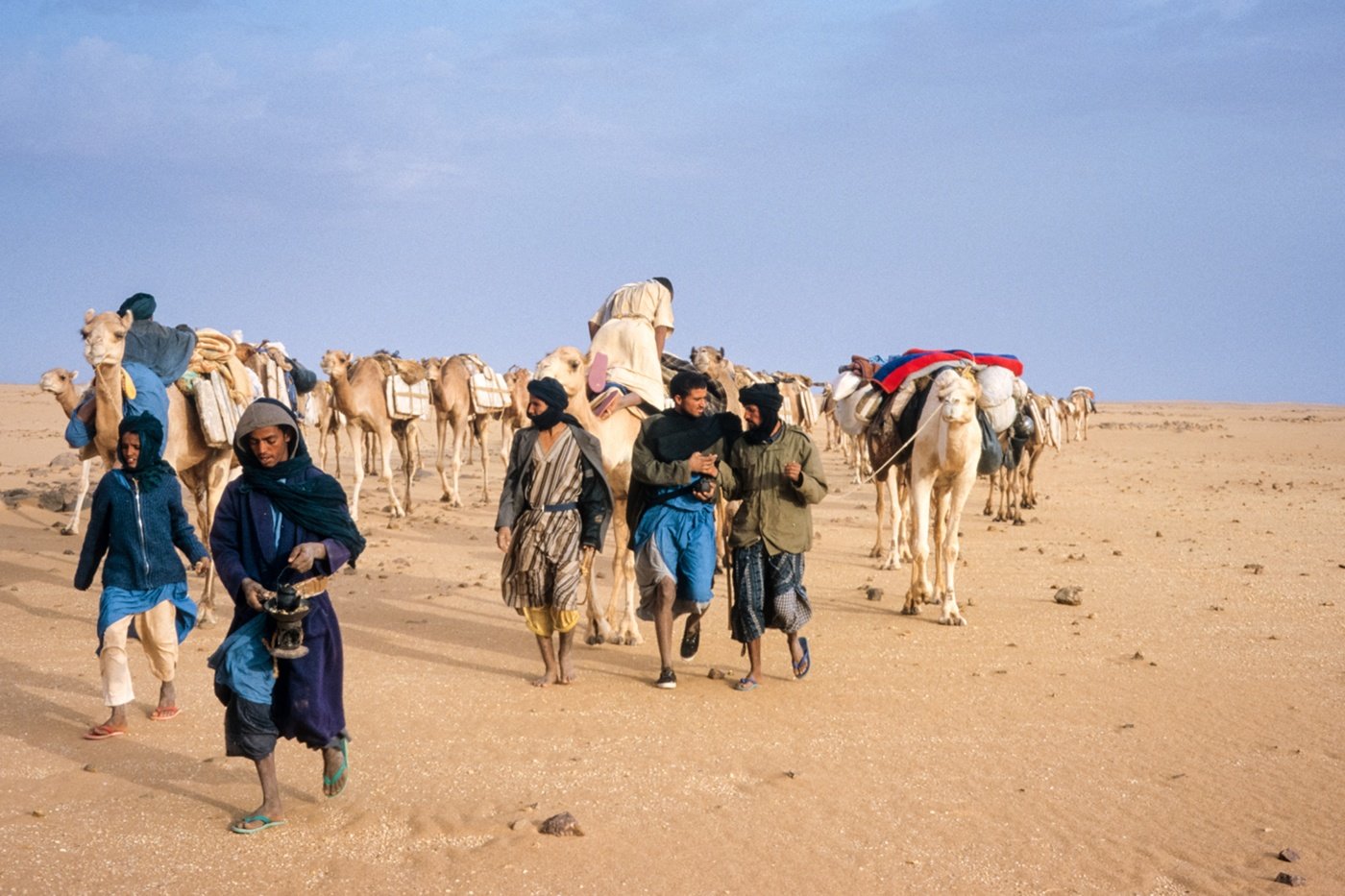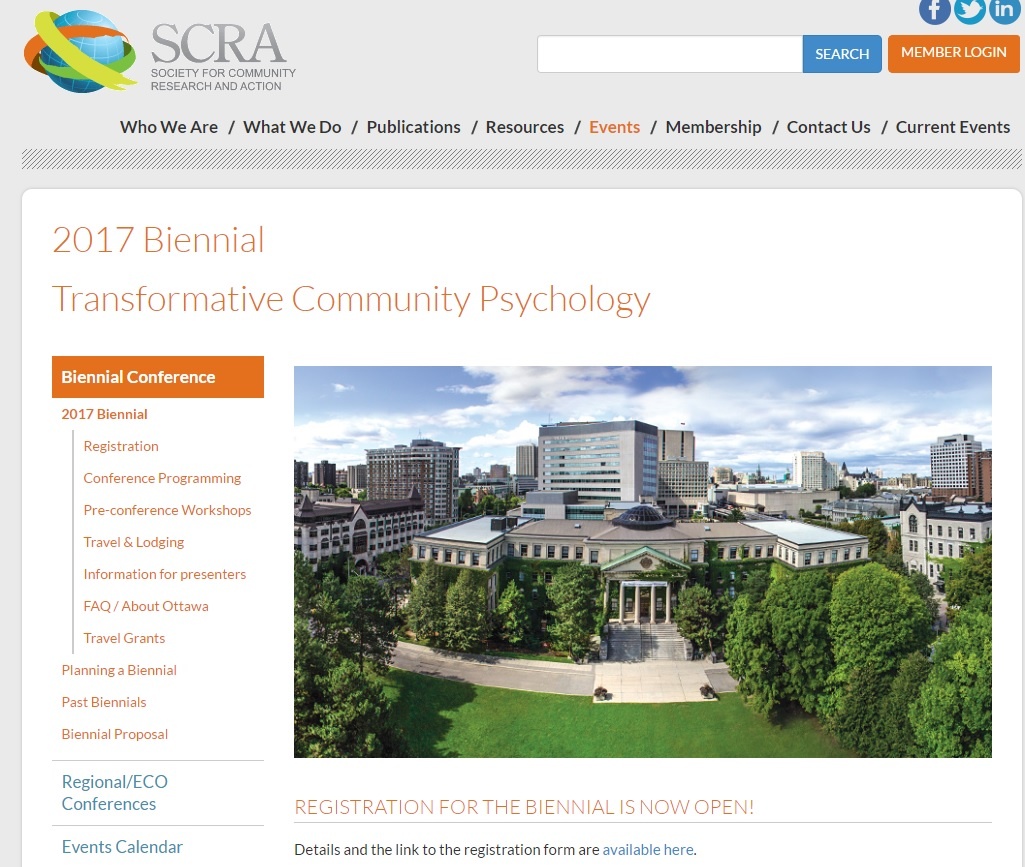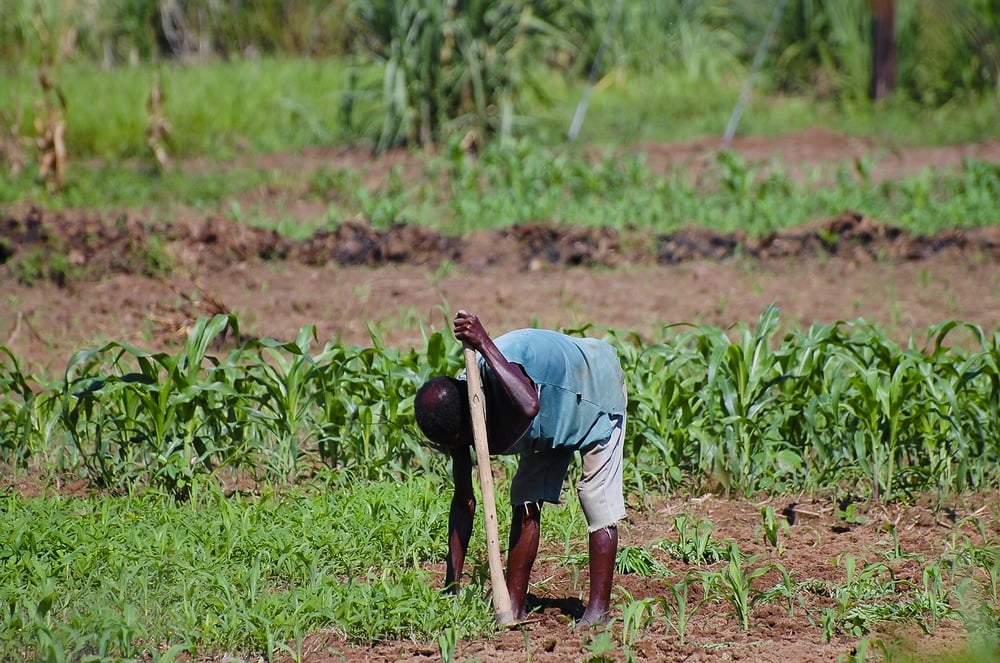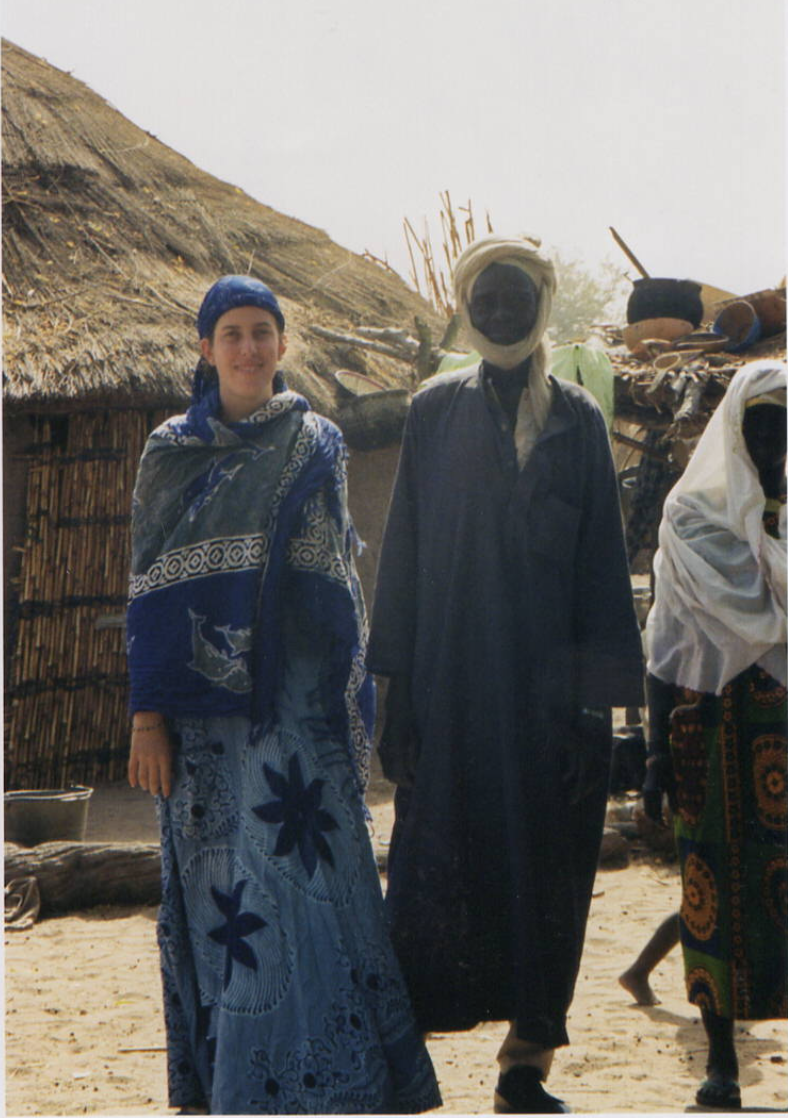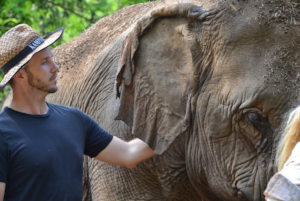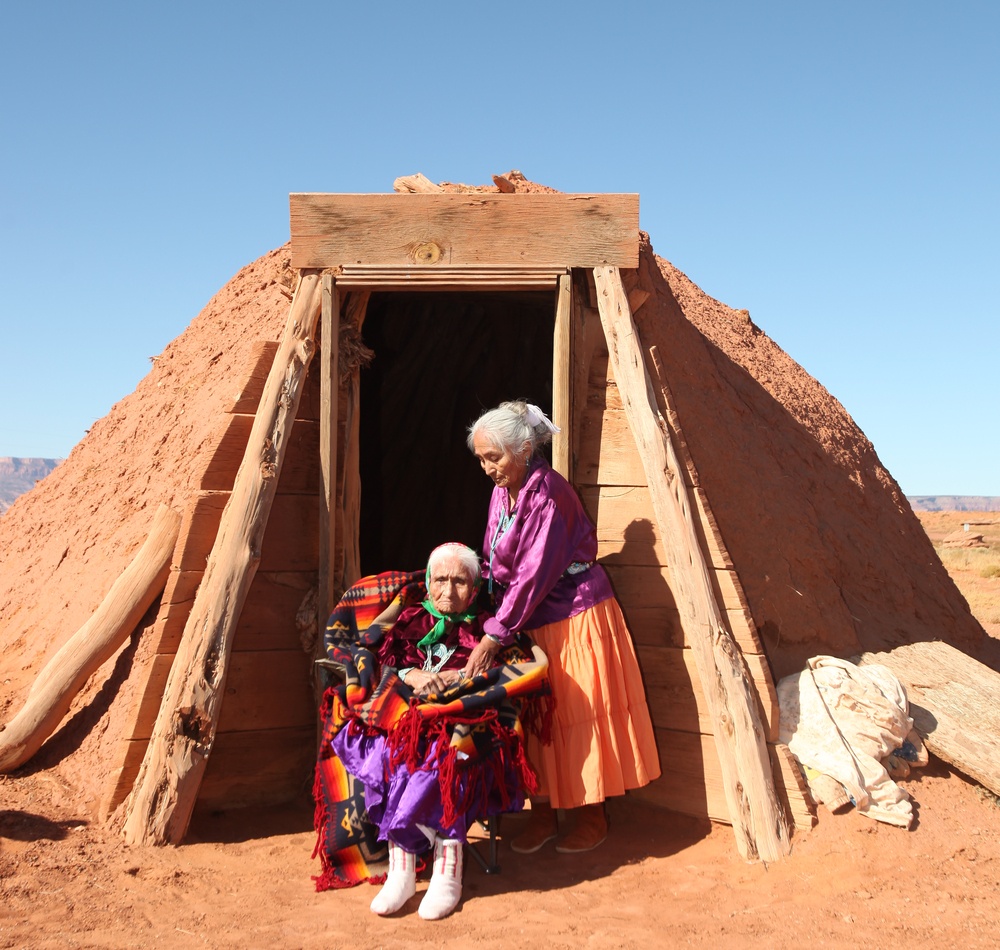The Numinous Anima Mundi: Healing the Climate Crisis Within: An Interview with Jeffrey Kiehl
At no other point in the history of humanity has ecological survival been so imminently threatened by climate crises. On June 3, Pacifica presents a half-day workshop, entitled Climate, Cosmology & Consciousness: From Chaos to Cosmos of three leading scholars and environmental activists for an emerging and inspired vision of a possible path forward as we shift from crisis to consciousness and chaos to cosmos. Of these, Jeffrey Kiehl will speak on “Climate Chaos and the Soul of the World.” I’m delighted to be speaking with him about his upcoming presentation.
“Our psyche is set up in accord with the structure of the universe, and what happens in the macrocosm likewise happens in the infinitesimal and most subjective reaches of the psyche.” ~ C.G. Jung
Read More

-1.png)
